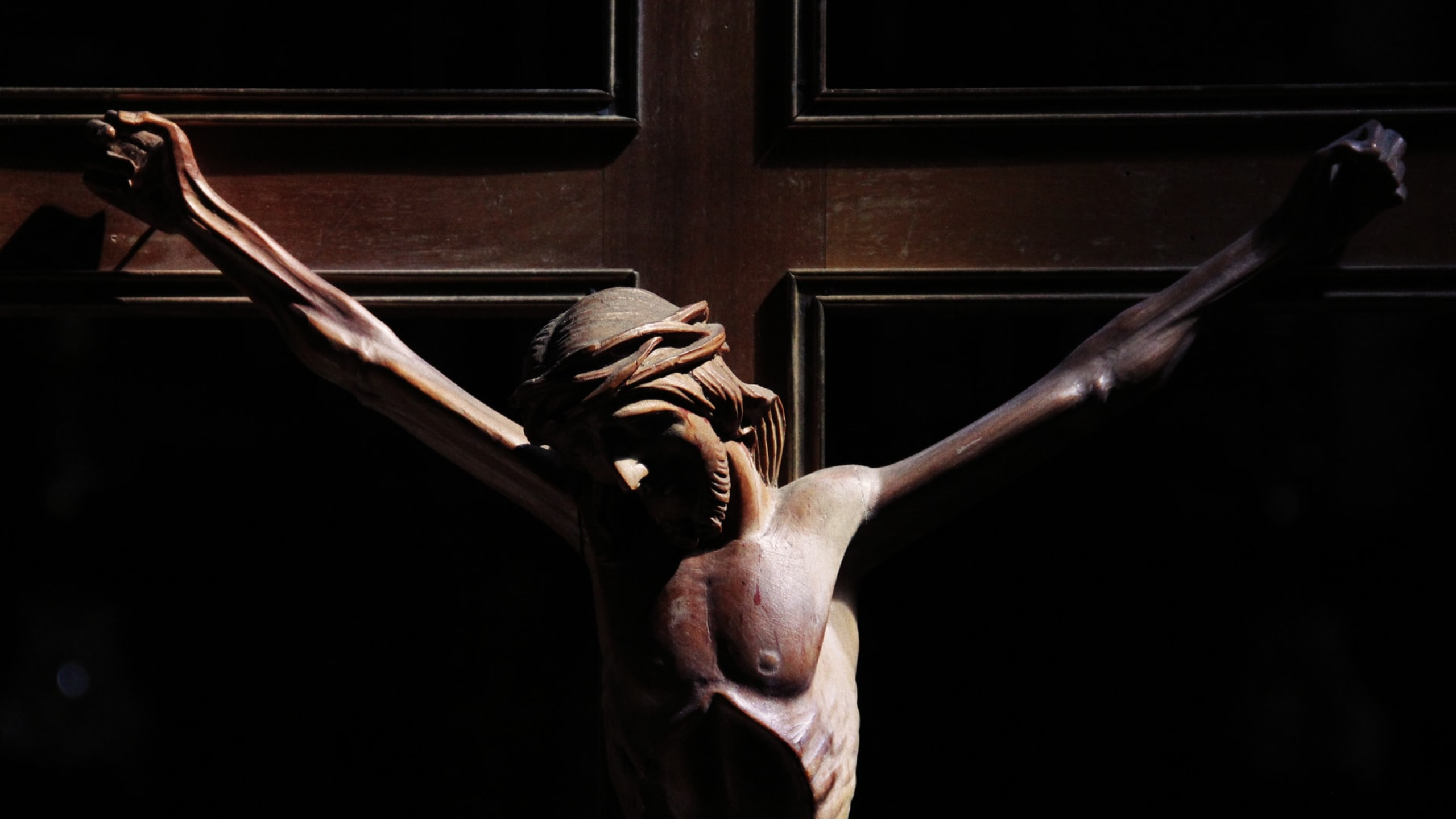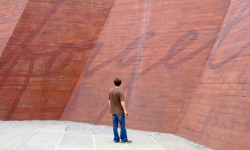
Originally published on NZBMS website, reproduced with permission.
It was Easter Sunday. I was up early with my morning coffee; an update of the churches in Sri Lanka, Myanmar, and the Philippines to read, and a moment to reflect and pray. The Sri Lankan church update spoke of fear. The kind of fear that reminds us we are not in control, highlighting our vulnerabilities and drawing us into deeper connection with each other as the body of Christ. The kind of fear that draws us toward God because there is simply nowhere else to turn.
Before I started to pray, I made a silly mistake: I looked at the Stuff newsfeed. The fourth headline down depicted the demise of another megachurch, specifically the resignation of New Zealand’s Arise church founding pastor. The accompanying photo was the name ‘Jesus’ in bright lights and the silhouettes of a large crowd in worship.
It was Easter Sunday. And nowhere was an article about the glorious resurrection, the true meaning of Easter, or the growth of the followers of Jesus worldwide.
Sadly, this is just one more megachurch run aground on the rocks of post-modernity. Some of the most widely publicised in recent years have been Mark Driscol and Mars Hill, John Ortberg and Menlo church, and Bill Hybels and Willow Creek in the United States; more recently Sydney’s Brian Houston and Hillsong church.
I remember when Bill Hybels resigned amidst swirling allegations. Someone in the church I was part of asked if we should take Hybels’ books out of the church library in a bid to join a cancelling culture, as if what he had written was no longer as true or helpful after his resignation as it was before. True, he had made some big mistakes- and now the Willow Creek churches, and the church in the West more generally, were implicated. However, the problems run deeper and settle far closer to home than can be solved by an ignorant attempt to blame one leader or church franchise.
The issue with megachurches is their values. Jesus called his followers to a life expressed by taking up their cross to follow him, loving the poor, and going out to make disciples of all nations. This is a costly counter-cultural call: Today, and in Jesus’ day. Megachurch values are not counter-cultural but straight from modernity’s consumer culture playbook. Rather than sacrifice, they reinforce comfort. Rather than discipleship, they encourage Christian consumerism. Rather than pouring giving into Missio Dei, they pay large sums for big venues, engaging communicators, and only the most talented musicians. Rather than serve the poor, they serve their charismatic leaders with large salaries, expensive hotel rooms, and a jetsetter lifestyle.
If it wasn’t so damaging it could simply be laughed off as stupidity.
Why do I feel compelled to put my feelings into words on this topic? I had the privilege of leading a large church. One that sometimes flirted with megachurch ways, and that others sometimes saw as a smaller New Zealand example of a megachurch. While Spreydon/SWBC was relatively big on an Aotearoa scale, it was never a megachurch. I can say that confidently, because I know that the values of the church were different and deeply embedded.
For nearly fifty years, the church has been giving around 25% of its annual income to global mission. For thirty years, we have met in a gym that is mostly used for community fitness, youth group basketball and children’s games. The worship experience is always compromised because we have less than comfortable stacker seats and acoustics that are, at best, very poor because of the primary purpose of the building as a gym. Added to this are a sound system, stage, projector, and some screens that are both cheap and need to be wheeled in and out each Sunday (many of you reading this will know a very similar Sunday reality). Our church is on a bi-cultural journey that ensures Māori values have a voice. Biblical teaching takes precedence over biblio-entertainment. Jesus’ priority to reach the poor and disadvantaged is regularly taught and expressed through the action of the church. For over thirty years the church has invested in, employed staff for, a weekly service for people with significant intellectual disabilities.
This is a mission-focussed church that has slowly grown because of a heart for mission and a commitment to discipleship. This is not a megachurch.
The regretful part is, the leaders of the megachurches that have fallen (and there will be more falls yet) didn’t set out to deceive. They were all committed to Jesus, had a heart for the gospel, and wanted the best for the church. But an addictive cycle can begin that is very hard to break. I get that! Many Sunday nights, especially after special events, I’d go home on a high. Large numbers of people had turned up, a big team of staff and volunteers had worked hard and given their best. People had been effusive in their praise; many were encouraged or inspired, some had clearly been significantly and positively impacted. Some had even made, what could become, life-altering commitments.
And I was the senior pastor of it all. That affects you.
You want to do it all again- only bigger and better. So, you work towards the next big event and encourage more people to be part of it. You tell them to bring friends and give generously, so it can achieve even more than last week or last year. Without strong counterweights of commitments to global mission, the poor, biblical teaching and counter-cultural discipleship, you can be pulled into pouring everything into the next event and living for the next high. Round it goes. Pride up, sacrifice down. The consumer desire for bigger and better is insatiable and the cost to provide it just keeps on rising. The charismatic leader is no longer judged by their character and formation in Christ, they are followed for their communication prowess and like-ability.
And those just aren’t Jesus values. That is hyper-modern consumerism infecting the church.
It was Easter Sunday and I wasn’t surprised to read of another megachurch left floundering. Yet, I was disappointed that a cynical media outlet had made that the day’s lead story. When I’d cooled down and started to pray, I prayed about the Sri Lankan church and the wisdom they had found through their fear. I prayed for the masses in seats of megachurches who may feel hurt or disoriented. I realised again my own ego vulnerabilities and my need to be interconnected in grass-roots, down to earth, counter-cultural Jesus discipleship.
Alan Jamieson is the General Director of NZBMS.
Photo by Francesco Alberti on Unsplash


